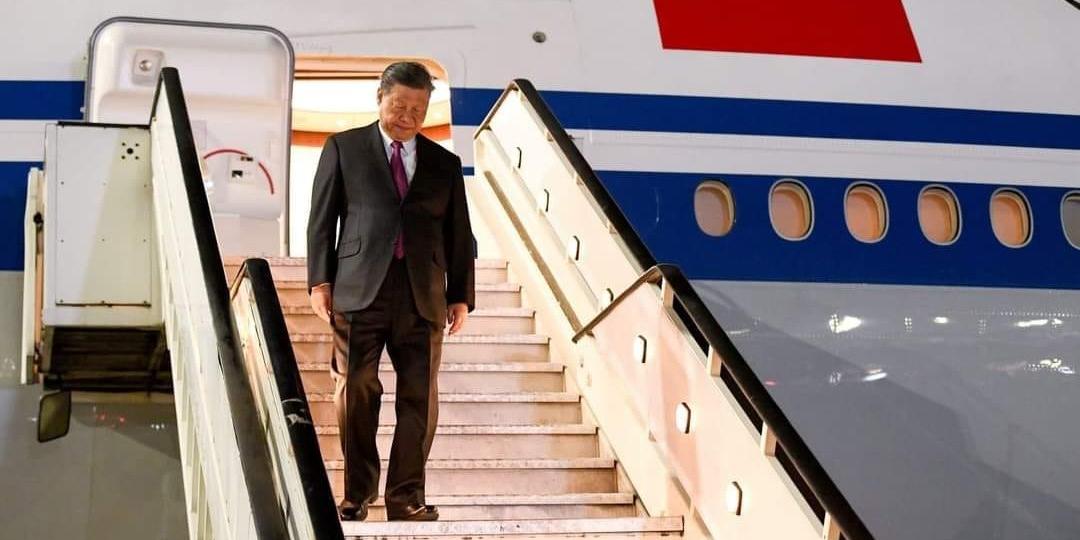The 15th BRICS Summit’s impact on South Africa's hospitality industry underscores the significant potential for local and international investors.
“When global audiences witness South Africa's capacity to flawlessly cater for such a prominent summit, it amplifies the country's credibility as an investment destination,” said Hamza Farooqui, CEO of Millat Investments.
Millat – which owns Hyatt House properties in Sandton and Rosebank close to where the event is taking place – has reported a 100% occupancy this week. The company has hosted several fully subscribed side-line conferences and events at its Hyatt Regency Cape Town property and the Winston Hotel in Rosebank.
“As delegates from Brazil, Russia, India, China, and South Africa converge on our shores, they should be embraced by warmth and unity. I believe our celebrated hospitality industry is poised to shine even brighter over the next few days and offer exactly that.”
Farooqui added: “As these leaders take back their experiences and narratives from this week, South Africa's potential for foreign direct investment and collaborative ventures grows exponentially.
“With the world's eyes on the nation, now is the opportune moment for the South African business community to present itself as reliable, innovative, and ready for the next wave of global business partnerships.”
Long-term impact on tourism
Farooqui also emphasised the long-term impact of the summit on South African tourism. "Beyond the immediate boost in occupancy rates, the BRICS Summit must serve as an important marketing campaign for South Africa. The eyes of the world are upon us, and this is the time for the sector to highlight South Africa as a prime destination for both business and leisure tourism.”
He pointed out that the Summit wasn’t just a diplomatic event – it’s a spectacular showcase for South African hospitality. “Every time we welcome such global events, it offers an unrivalled opportunity for our local hospitality sector to demonstrate our world-class service, luxurious accommodation, and rich cultural experiences."
Farooqui further highlighted the significance of the industry’s role in painting South Africa in a favourable light. "It's not just about hosting the attendees for the week of the Summit; it’s about leaving a lasting impression that resonates long after the event concludes. The hard work, though, is only starting, stressing the importance of leveraging this global attention.
"South Africa’s hospitality sector has a golden chance to capitalise on this momentum. By delivering unparalleled experiences to our guests during the Summit, we not only champion our industry's prowess but also solidify our nation's position as a leading global destination for years to come.”
‘Growing enthusiasm for travel’
Nomasonto Ndlovu, Acting CEO of South African Tourism, agreed. "Over the years, we have seen growing enthusiasm for travel among the people of BRICS countries. We can all agree that tourism serves as a bridge that connects cultures and opens avenues of dialogue that transcend language barriers and political boundaries.
“Tourism is also a contributor to economic growth. Tourism is a force that unites people in their pursuit of discovery, adventure, and shared experiences. Therefore, tourism has a profound impact on strengthening bilateral relations.”
According to statistics highlighted by South African Tourism, tourism from the BRICS countries is significantly higher. Between January and June 2023, South Africa welcomed 9 118 tourists from Brazil – up by 60.3% when compared with the same period in 2022.
The country received 13 806 tourists from Russia – up by 146.3% compared with January to June 2022 – and 41 668 Indian tourists – up 82.5 % compared with H1 last year.
A total of 16 290 Chinese tourists came to South Africa in the first half of 2023, marking a 266.9% increase,






















